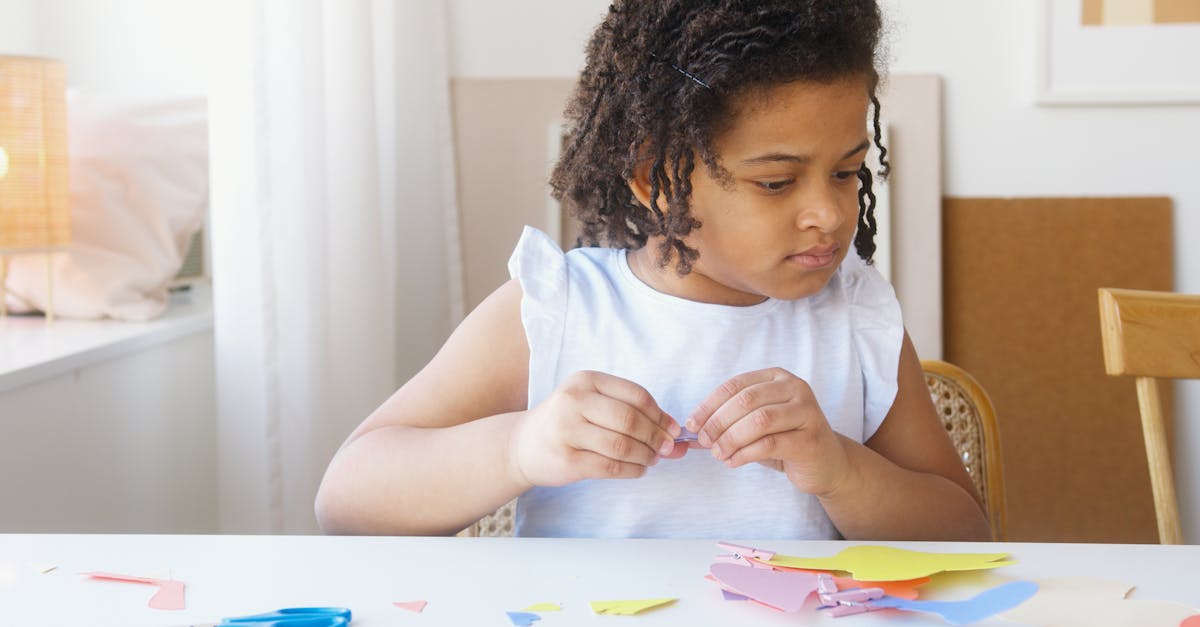Kickstarting the Journey: Fun and Games
Embarking on the self-learning journey transforms ‘I can’t’ into ‘How can I?’. Picture this: your little one, eyes twinkling, mastering new skills on their own. It starts with turning learning into a captivating adventure. Introduce educational games that inject fun into subjects like math or science. Remember, the goal is curiosity, not perfection.
 Feel free to share this engaging experience with your child and witness the joy of learning and discovery.
Feel free to share this engaging experience with your child and witness the joy of learning and discovery.
Creating a Self-Learner: Environment Matters
The right environment is critical. It’s not about carving out a silent, monastic study nook. Think vibrant, resource-filled spaces that invite exploration. But here’s the key: Make everything accessible. Lower bookshelves, art supplies at arm’s reach, and gadgets that they’re not afraid to use. It signals, ‘This space is yours to discover.’

Harnessing Tech: Apps and Gadgets
Today’s tech is a gateway to self-directed learning. There are apps out there turning complex concepts into child’s play (literally). But don’t just hand them a tablet and hope for the best. Engage with them. Show them how to search for information and evaluate sources. A little guidance transforms them from consumers to creators and critical thinkers.
The Power of Questions: Encourage Curiosity
Every ‘Why?’ from your child is a golden opportunity. Foster an environment where questions are celebrated, not shushed. Offer them tidbits of knowledge and watch their little gears grind. And, if you don’t know the answer, research it together. It’s a fantastic way to model the learning process and show that not knowing is just the first step to knowing.

Encouraging curiosity in children can lead to a lifetime of learning and exploration. Embrace the questions and foster a sense of wonder and discovery in their minds.
Mistakes are Gold: Learning to Embrace Them
So, they tried and failed. Great! It’s lesson time. Help them see the value in every attempt. Whether it’s a collapsed LEGO tower or a baking soda volcano that refused to erupt—there’s a lesson in there. Encourage reflection with, ‘What went differently than expected?’ It’s all about the mindset: mistakes are not setbacks; they are puzzles to solve.

Staying the Course: Motivation and Goals
Let’s talk about the marathon, not the sprint. Set small, achievable goals with your kid. Celebrate the wins and navigate the losses together. Sometimes, it’s not about the goal but about learning to stay the course. And remember, interest may wane, but with gentle guidance and new challenges, the fire of curiosity can be rekindled.


